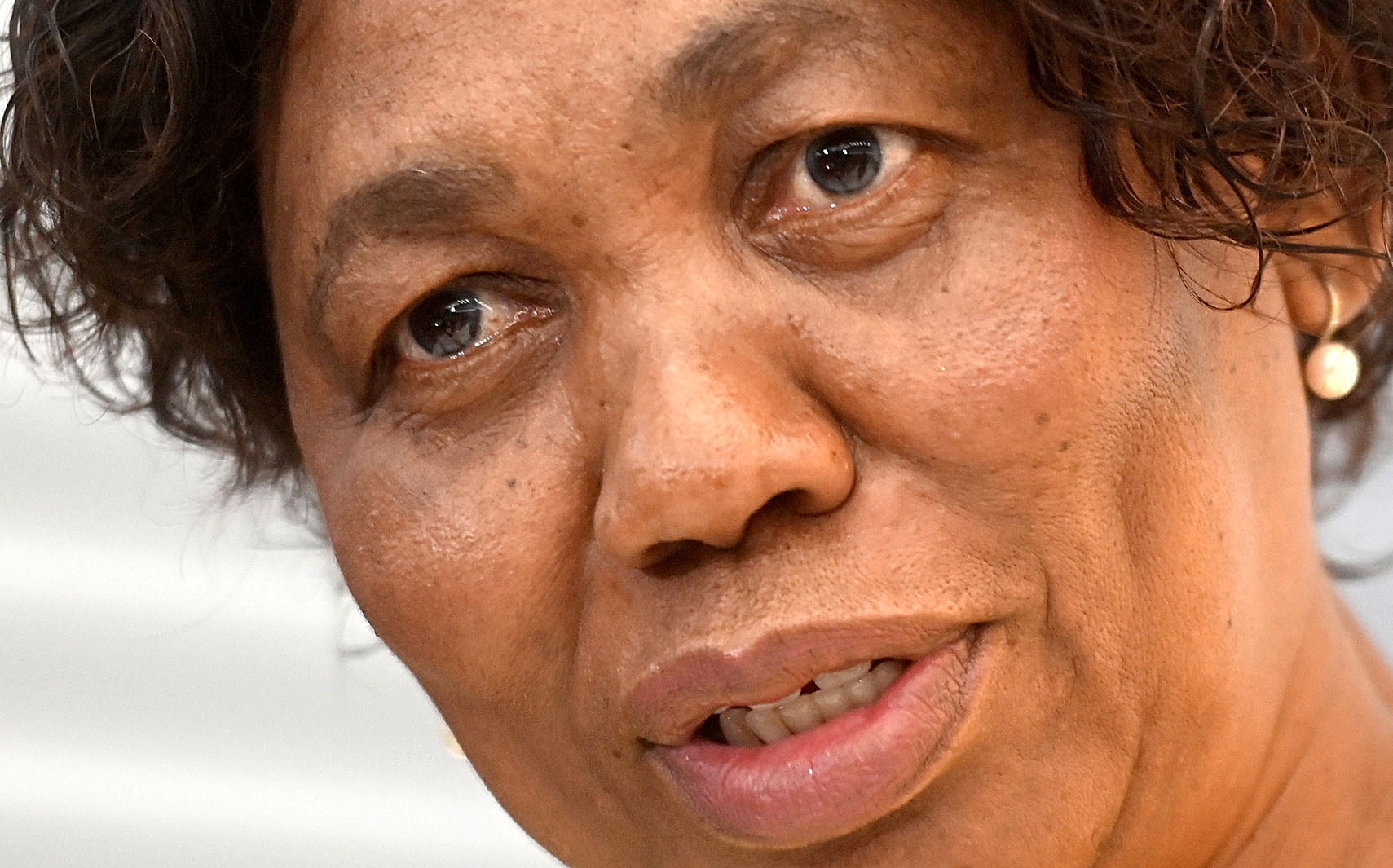On 16 May 2023, the minister of basic education, Angie Motshekga, announced a dire finding of the Pirls (Progress in International Reading Literacy Study) 2021 results: “Only 19% of South Africa’s Grade 4 pupils can read for meaning.”
Devastating, you may say. But perhaps even more so, is our own minister passing the buck to suggest that these statistics are partly due to a lack of concrete evidence regarding the most effective interventions to address reading challenges.
Pardon me for being insolent here, but Minister Motshekga, how can I deliver the evidence to you?
While previous Pirls studies have indeed highlighted the existing reading challenges in South Africa, they have also shed light on numerous effective interventions employed worldwide.
They involve effective classroom instruction that does not require additional preparation, extra paperwork or more classroom resources. They involve passionate teachers who care about their learners and desperately want to make a difference. Teachers who would thrive after receiving good training and blossom after understanding the structure of their own first or additional language for the first time.
It takes a simple Google search to see what the rest of the world regards as good literacy instruction, and perhaps a quick visit to a local university library to access the latest global research on evidence-based literacy practice.
There should be no excuse why our children cannot read. They are not merely a statistic. They are children of South Africa, with human rights. One of which is the right to basic education. And we are not getting this right.
Although South Africa is unique in its representation of different language structures and cultures, learning to read an alphabetic language is pretty much universal when it comes to the teaching principles.
Looking for excuses why our learners are not reading is evidence of a vague and fleeting interest in the deep challenges our teachers face. To say that South Africa’s primary schools neglect reading comprehension instruction adds to the ignorance of effective literacy instruction.
Structured literacy
So what can we do and what does the research say? By incorporating structured literacy into educational practices, South Africa can provide learners with a systematic and explicit framework that addresses the foundational skills necessary for proficient reading.
Structured literacy and the science of reading have their foundations in Gough and Tunmer’s model researched in 1986, called the Simple View of Reading. Their model advises that reading comprehension is the product of language comprehension and decoding, and if either of these two skills is absent, reading comprehension cannot occur.
Just from this model, we know that teaching language development skills and teaching decoding through phonics instruction are equally important, and that reading comprehension will develop as a result of language comprehension and phonics instruction.
There’s no better way to teach these skills than an evidence-based approach called “structured literacy”. Minister Motshekga, this is the evidence that seems to be missing from your desk, the concrete evidence that has been embraced globally, researched extensively and implemented with success all over the world in hundreds of different languages. The evidence that somehow has not yet made it to our country. The evidence that is absent and so not indicative for professional development or teacher training…
Structured literacy is an evidence-based approach that focuses on teaching the foundational components of reading, including phonology, phonics, fluency, vocabulary and comprehension. This structured and explicit instruction equips learners with the necessary skills to decode words, develop fluency and comprehend texts effectively.
By following a carefully designed sequence of instruction, structured literacy provides a solid foundation for learners to become confident readers. One key aspect of structured literacy is the use of multisensory techniques.
These techniques engage multiple senses simultaneously, combining visual, auditory and kinaesthetic modalities to reinforce learning. By incorporating hands-on activities, such as using manipulatives, tracing letters and practicing oral language exercises, structured literacy fosters active learning and deepens understanding.
Phonics, another fundamental component of structured literacy, teaches the relationship between sounds and letters. Through explicit phonics instruction, learners acquire the skills to decode words accurately, recognise spelling patterns, and apply these skills in their reading and writing. Numerous research studies have consistently demonstrated the effectiveness of explicit phonics instruction in improving reading outcomes.
Structured literacy provides a systematic progression of skills, ensuring that learners acquire foundational knowledge before moving on to more complex concepts. This sequential approach builds upon previously learned skills, reinforcing connections and promoting mastery.
By ensuring that learners have a solid understanding of each skill before progressing, structured literacy prevents knowledge gaps and provides a scaffolded learning experience, addressing the foundational skills necessary for proficient reading.
Equipping teachers with the necessary knowledge and skills to teach reading effectively is paramount. Research has consistently demonstrated that ongoing professional development opportunities for teachers, including workshops, training sessions and peer collaborations, significantly enhance their instructional practices.
By prioritising continual professional development, South Africa can foster a cadre of skilled educators who can tackle reading challenges head-on, transforming the country’s educational landscape. Without knowledge, without this evidence-based instruction, our learners remain just another statistic.
Effective intervention requires strong government support. This includes funding professional development programmes, updating curriculum frameworks, and promoting research-based instructional practices. By prioritising literacy at the national level, the government can create an enabling environment for teachers to address our dire literacy levels effectively.
Contrary to the minister of basic education’s statement, there exists a wealth of concrete evidence regarding effective interventions to address reading challenges, locally and internationally. By implementing proven interventions into our classrooms, South African educators can empower learners, bridge educational disparities, and pave the way for a brighter future. Let’s not pass the buck, Minister Motshekga. DM
Annelize Clark is an occupational therapist and remedial teacher with 15 years’ experience in working with children with learning difficulties. She has devoted the past six years to training teachers and therapists in best literacy and mathematics practice.




